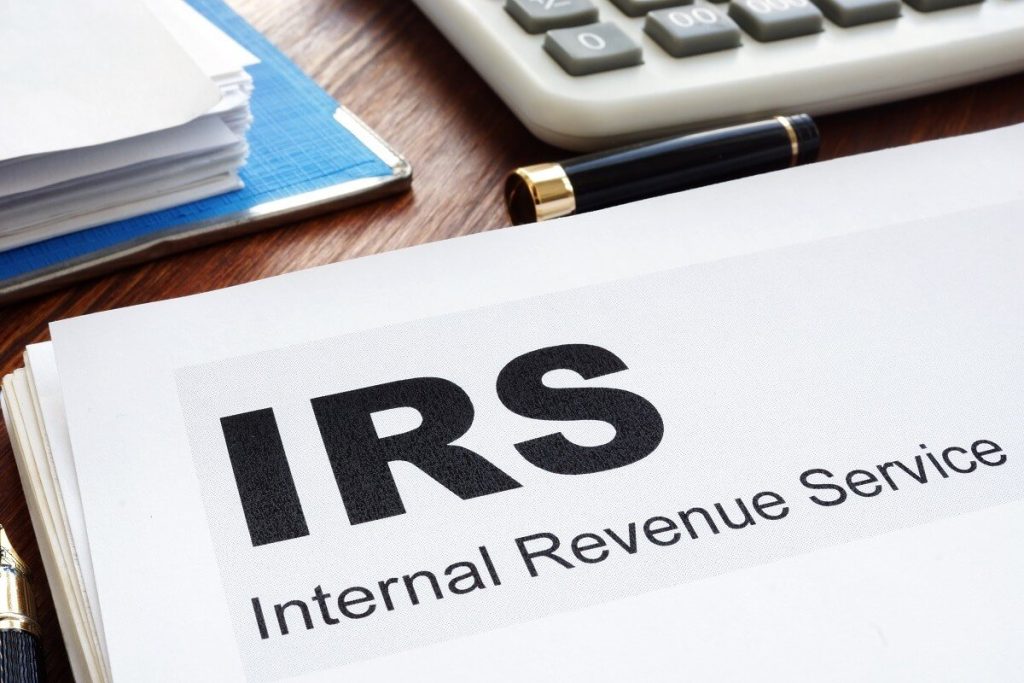
As the Inner Income Administration (IRS) pushes ahead with its arrangements to improve observation of digital money exchanges, a concern that it could prompt a flood in crypto seizures.
A 2022 report distributed by the Branch of Equity (DOJ) in light of President Biden's Leader Request 14067 uncovers how this data might be used, highlighting expected ramifications for digital currency holders.
With the IRS ready to screen Americans' digital money use through a normal 8 billion new returns, the DOJ could before long have uncommon means to hold onto digital forms of money.
As a matter of fact, the commission referenced the requirement for an upgraded capacity to hold onto digital currencies.
It guaranteed that there is a requirement for relinquishing the returns of digital money misrepresentation and control to dissuade and strip transgressors of their illegal increases.
Subsequently, the DOJ suggests growing its position over criminal, common, and authoritative relinquishment, refering to the requirement for additional powerful instruments to deny wrongdoers of poorly gotten gains and possibly reestablish assets to casualties.
Be that as it may, the DOJ's contention for expanded seizure capacities brings up issues, taking into account the public authority's shown capacity to hold onto significant measures of digital money previously.
The actual report recognizes that somewhere in the range of 2014 and 2022, the FBI seized roughly $427 million in digital currency, while the IRS seized one more $3.8 billion somewhere in the range of 2018 and 2021.
These figures surpass $4 billion, proposing that the public authority has been fruitful in cryptographic money seizure.
IRS's Proposition to Screen Crypto Exchanges Could Prompt More Seizures
The IRS's proposition to screen digital money exchanges takes on more prominent importance when thought about close by the DOJ's report.
The broad observation that the proposition would involve might actually work with a much higher pace of cryptographic money seizure.
In particular, there is some worry in regards to the act of regulatory relinquishment, which permits organizations to settle on the relinquishment of property without legal contribution.
This implies that offices don't need to demonstrate to an adjudicator that a wrongdoing has been perpetrated to hold onto the property.
The DOJ has adulated managerial relinquishment as an effective method for distributing government assets and diminish loads on the bureaucratic legal framework.
From 2000 to 2019, regulatory relinquishments represented 78% of the DOJ's complete relinquishments.
With the IRS gathering immense measures of information on Americans' digital money use, there is potential for the DOJ to find new roads for cryptographic money seizure, even without substantial proof of a wrongdoing.
It is quite important the US government is one of the biggest holders of Bitcoin, which it has amassed through a progression of seizures connected with crimes.
As indicated by information from Glassnode, the US is perched on a reserve of around 210,000 coins, esteemed at around $5.5 billion.
The figure is very exceptional, taking into account that the absolute stock of bitcoin is covered at 21 million coins.
